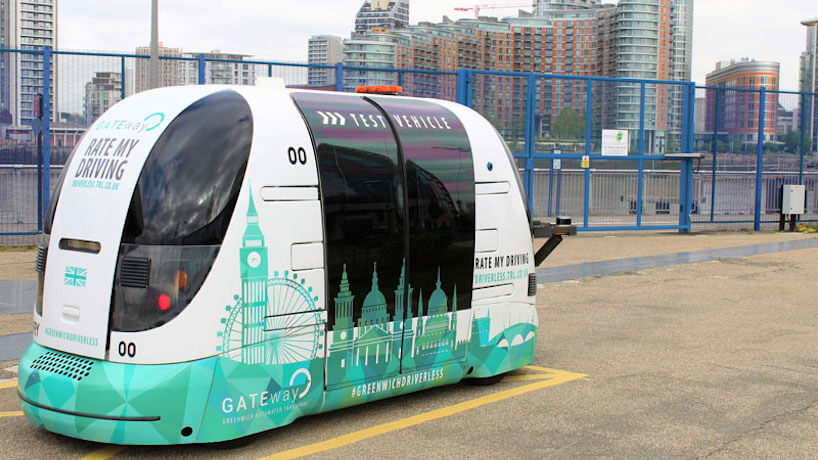This Just In
Digitally connected Smart Cities promise to make the events they host more seamless and personalised.
Smart Cities are the talk of the town, promising the true Internet of Things (IoT) experience, through greater connectivity across municipal services such as traffic signals, street lighting, refuse disposal, and safety. By delivering increased efficiency and more control, smart cities can save hundreds of millions. But how do conferences and events fit into this brave, new connected world, and do smart cities mean smarter events?
According to the most recent figures from the United Nations, the number of people living in cities will increase from 3.6 billion to 6.3 billion between 2010 and 2050, meaning that 70% of the global population will be urbanised by 2050. Almost three billion additional people will require essential services such as drinking water, electricity and sanitation, not to mention transport, homes, public health, education, and public safety.
Meanwhile, there is growing expectation for cities to be economically viable and sustainable. More specifically, cities need to achieve these goals in the context of growing global competition, limited financial resources and ageing infrastructure. How cities can address these challenges and deliver improved services is the question at the heart of the Smart City movement.
Smart Cities in Europe now include Copenhagen, Stockholm, Bristol, Lyon, and Nice with more rushing to throw their digital hats into the universally connected ring. It’s an entire political, social, and government-led movement that is shaping urban life in the 21st century. And, of course, it’s big business, with companies such as Cisco, IBM, Intel, Silver Spring Networks, Build.io, GE Lighting, and Siemens all clamouring to lead the way in providing smart-city solutions worldwide.
There can be no doubt this exciting new vision for our cities will impact the business events they host. The question for the business tourism industry is how to respond? Can Smart Cities enhance the event experience and attract more events?
A key Smart City feature is fully “intelligent’” hotels enabling highly personalised service and experiences. This was demonstrated by the recent collaboration between Marriott Hotels and Samsung. The first IoT fully connected smart hotel room enabled guests to turn on their shower to the desired temperature; programme their favourite TV channels ahead of arrival, and use voice control to set the temperature of their hotel room or order housekeeping services.
On the decision-making side, event organisers are now looking for cities that have a smooth infrastructure, connected hotels, and easily accessible transport systems. Delegates expect their entire experience to be seamless, enhanced, and personalised. Imagine…
- Seamless arrivals where you clear customs through facial recognition software
- Digital signage around the city controlled and updated from the organiser’s mobile device
- Live-streaming content to mobile devices no matter where in the city they are
- Delegate experiences of the city enhanced with dynamic notifications in designated areas of interest, providing advice, recommendations, and instructions
- A motorcade through traffic lights controlled to automatically turn green
Additionally, Smart Cities fit well with an event or organisation’s brand or ethos — innovative, efficient, working better.
So what changes are delegates likely to see in Smart Cities around Europe in the future?
One of the most visible changes to transport systems on the European horizon is the use of driverless cars. Driven (excuse the pun) by these common “smart” characteristics (technologically advanced environmentally friendly, a response to a rising population and less physical space available) driverless cars could help delegates reduce their demand on other transport systems whilst delivering them — and their luggage — to their destination. They’re perhaps not as far off in the future as you may think. The UK government is producing legislation that will pave the way for driverless cars by 2021 and, through its GATEway driverless car project, the London Borough of Greenwich has already piloted a driverless shuttle bus.
Using apps, driverless car-sharing would make it easier to connect delegates to cars and, of course, there will be no need to tip the driver in baffling foreign currency.
Finally, some venues are contributing to the development of cities by hosting and testing large-scale technological features on their audiences. From super-fast Wi-Fi to automated check-in, venues can test systems and procedures that other places and people can benefit from. They are also powerful connectors of their audiences with the communities around them.

